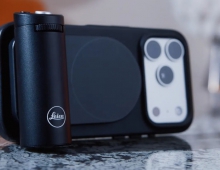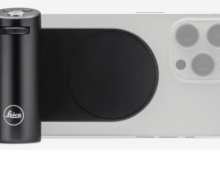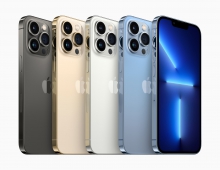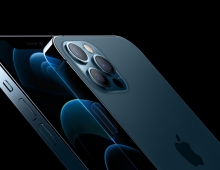
FBI Director Says Agency Still Can’t Unlock iPhones in Pensacola Case
Despite the fact that third-party tools are said unlock the iPhone 7 and iPhone 5 devices, the FBI still seems that it still hasn’t been able to get to the data on the devices belonging to the shooter behind the December Naval Air Station attack in Pensacola, Florida.
Responding to questions from Republican Matt Gaetz of Florida, FBI director Christopher Wray said during a House Judiciary Committee hearing that the agency is “currently engaged with Apple hoping to see if we can get better help from them so we can get access to that phone.” About a month ago, the U.S. government asked Apple for help unlocking a pair of iPhones belonging to the shooter.
U.S. Attorney General William Barr and President Donald Trump have also demanded more help from Apple in the case. Apple has said it gave the FBI cloud data related to the iPhones, but has insisted that it won’t build a backdoor around encryption to access information on its devices.
Investigators can exploit a range of security vulnerabilities -- available directly or through providers such as Cellebrite and Grayshift -- to break into the phones, according to security experts.
Wray's statement raises questions about the FBI’s attempts to break into the phone and could be designed to raise the pressure on Apple to provide additional assistance. Last month, Justice Department documents disclosed that the FBI was able to access data on an iPhone 11 in about two months.
Many devices and services today have default encryption controlled by the user. This particular kind of encryption often bars access to evidence. Speaking at the “Justice in Cyberspace” Symposium, Assistant Attorney General Brian A. Benczkowski said that the situation "provides a “lawless space” that criminals, terrorists, and other bad actors can exploit. This is not just a problem for law enforcement, but for society as a whole," he said. "Society needs a solution that equips our law enforcement officers with the ability to protect Americans from technology-enabled crime," he added.





















